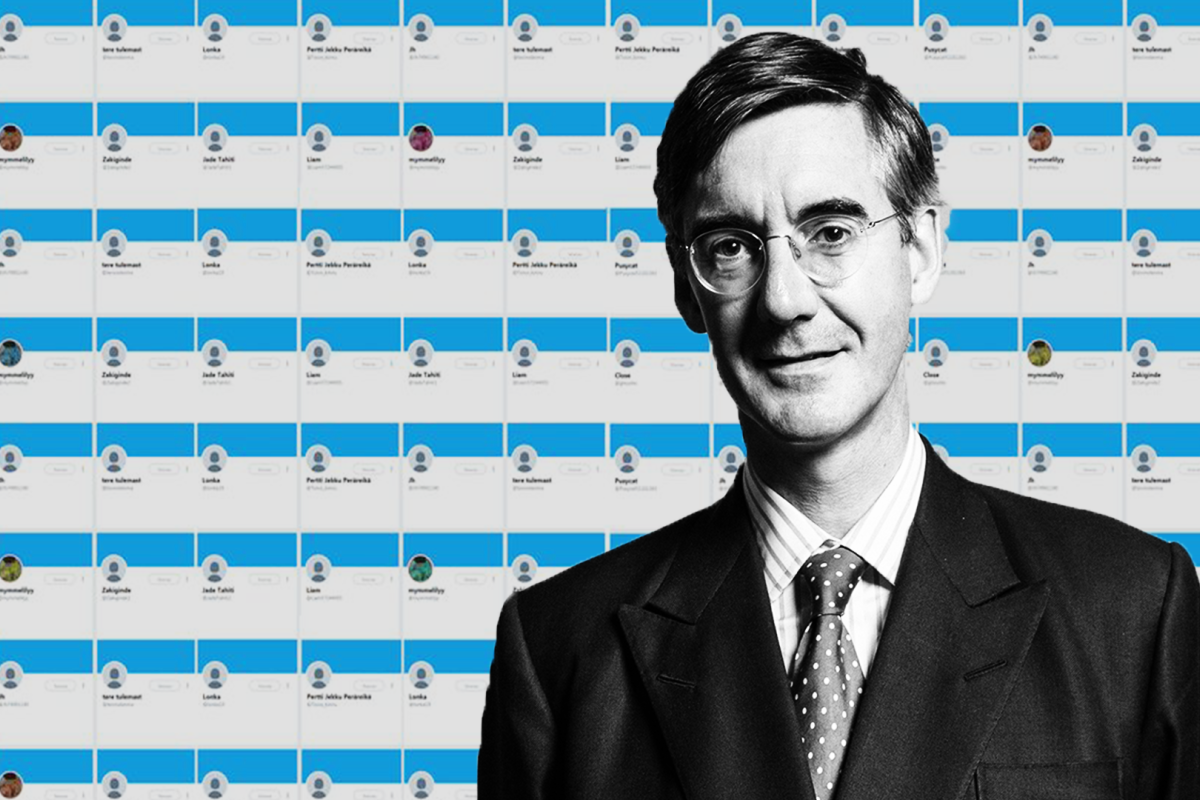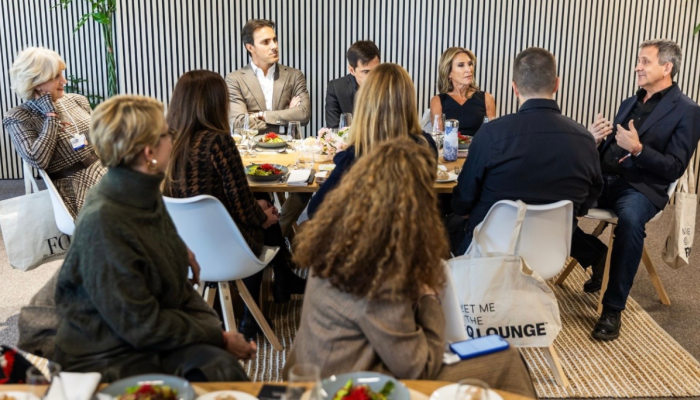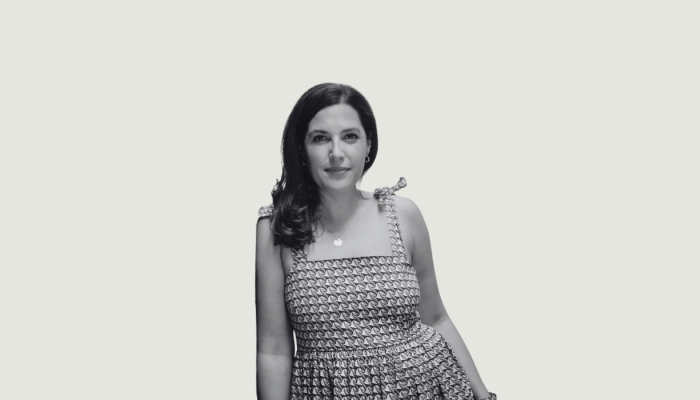Politicians – like brand marketers – have one basic task: to persuade us to prefer their offer over all the alternatives. Its surprising, then, how little understanding most politicians show about how human decision-making (and therefore political – or brand – preference) actually works.
Since Daniel Kahneman’s Nobel prize-winning work in 2002 the worlds of neuroscience and behavioral economics have shown us conclusively how almost all decision-making is done by our subconscious ‘System 1’ brains acting largely on emotional, intuitive factors. The key to securing preference is to develop propositions (or political platforms) that connect powerfully with the high-level emotions that positively motivate us in any given situation.
Given a choice between an inspiring promise of what might be achieved, and a worthy-but-dull explanation of the pros and cons of a detailed policy platform we are hard-wired to connect with – and vote for – the emotionally-inspiring alternative.
And yet politicians continue to rely on painfully detailed (and often horribly dull) rational arguments often framed in a way that seems designed to repel positive emotional connection.
Take Brexit – and Jacob Rees-Mogg.
As we know, ‘Leave’ won the referendum despite the mountain of rational data presented by the Remain campaign detailing the risks of quitting the EU because they found an emotionally-uplifting platform – ‘Take Back Control’.
Perhaps the logical basis for their campaign was not quite as – ahem – well grounded as it might have been. But look – don’t bother me with the details – they’re promising me more control over my future…I’m buying that!!
Isn’t it strange, therefore, that the same team who brought you ‘Take Back Control’ have allowed their preferred exit option – leaving under WTO rules – to be consistently described in an emotionally negative way. The ‘No Deal’ option.
Now – who wants to leave with ‘No Deal’?
That doesn’t sound very appealing, does it? For anyone with a basic understanding of decision science it is entirely unsurprising that they have been unable to persuade either the country or Members of Parliament that leaving with ‘No Deal’ is a desirable outcome.
Imagine if Jacob and co had instead managed to brand leaving on WTO terms as the ‘Maximum Independence Option’. After all, WTO terms provide the maximum freedom from EU rules. They enable us to do any number of deals with any number of other countries in the world – and to take our own decisions about what standards of food hygiene, workers rights, trading standards etc we will accept.
Couldn’t that have been effectively branded as ‘IndyMax’? And don’t you think the reaction of the people, the media and our politicians might have been a lot more positive about leaving on ‘IndyMax’ terms than with ‘No Deal’?
The serious point, for politicians and brand owners alike is this, the decisions we make are based much more strongly on emotional than on rational factors, and we consistently prefer brands, and politicians, who present their offer in the context of positive emotional motivations. No matter how compelling you believe your rational argument is it just will not cut through unless it connects emotionally – and the more positive the emotional connection the more persuasive it will be.
The most successful politicians of our era have instinctively understood this. Just think of the relentless positivity of Tony Blair vs the dourness of Gordon Brown, of Barack ‘Yes We Can’ Obama or even of The Donald’s ‘Make America Great Again’ vs Hillary’s relentless policy-wonk dullness.
We marketers need to remember this too.
And so does Jacob Rees-Mogg.
By Andy Brent, Founding Partner at Think Again Growth



